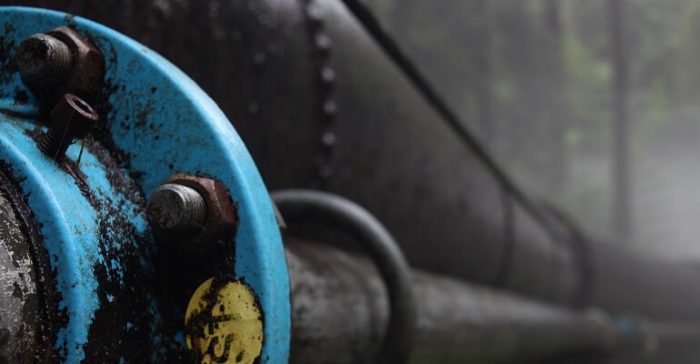Ryan Pollin, ERS, for Zondits. April 26, 2016. Image credit: klassensprecher930
The Constitution Pipeline
On Earth Day, New York Governor Andrew Cuomo’s Department of Environmental Conservation (DEC) denied key water-quality permits to the Constitution Pipeline. The pipeline would bring gas from hydrofracking fields of Pennsylvania to the Central Hudson region, where it links up with existing New York gas lines. Cuomo, who permanently banned fracking in New York last June, seems to recognize that the state will do better to meet its goals of an 80% greenhouse gas (GHG) reduction by 2050 without increased investment in fossil fuel infrastructure.
[bctt tweet=”On Earth Day, @NYGovCuomo’s @NYSDEC denied key water-quality permits to the Constitution Pipeline.” username=”ZonditsEE”]

The NY DEC invoked the Clean Water Act, stating that the pipeline would cause damage to water supplies and wetlands that serve residents all along the pipeline. This comes only a month after the Federal Energy Regulation Commission approved the use of eminent domain and clearcutting of 20 miles of right-of-way on the Pennsylvania side of the pipeline. That decision looks a bit premature now, since New York will not allow construction of the pipeline. Seven activists were arrested outside FERC as they were protesting that decision, including the owners of the now-dispossessed maple farm and Josh Fox, the filmmaker behind the fracking exposé Gasland.
Read more about the Constitution Pipeline developments here.
Northeast Energy Direct Pipeline
Earlier that week, gas giant Kinder Morgan finally gave up on the $3.3 billion Northeast Energy Direct pipeline network that would have brought new gas pipelines through New York, New Hampshire, and Massachusetts. The Texas corporation cited trouble lining up long-term contracts for the gas as their primary reason for bowing out. According to the New York Mercantile Exchange (NYMEX), the famously volatile natural gas commodity price is now worth less than one-sixth of its recent peak in 2008. It should not be understated that there has been significant community opposition to the pipeline. Many towns, grass-roots opposition organizations, established environmental non-profits, and established politicians have been organizing, rallying, marching, appealing , and pleading against the project in recent years.

Massachusetts Governor Charlie Baker had been an outspoken proponent of the pipeline and stood behind it as a key tenant of the state energy bill currently working its way through state legislature. It was his proposal to, for the first time in history, rate-base the cost of construction for this gas pipeline on Massachusetts electricity customers.
came after a scare over gas capacity during the worst winter days and growing demand in the metro area. Numerous reports have been produced investigating the issue, but the final word seems to be that the state does not need more gas capacity, meaning additional capacity would simply be exported overseas for profit through GDF Suez’ Everett, MA, export terminal.
[bctt tweet=”The final word is MA does not need more gas capacity, meaning add’l capacity would be exported.” username=”ZonditsEE”]
Now, let’s think about this: The gas comes from Pennsylvania and flows to export terminals to be burned overseas, feeding profits directly to the largest energy infrastructure company in the country, and the pipeline would have been funded by electricity rate-payers of Massachusetts? Well, Kinder Morgan, if it sounded too good to be true, then it probably was.
